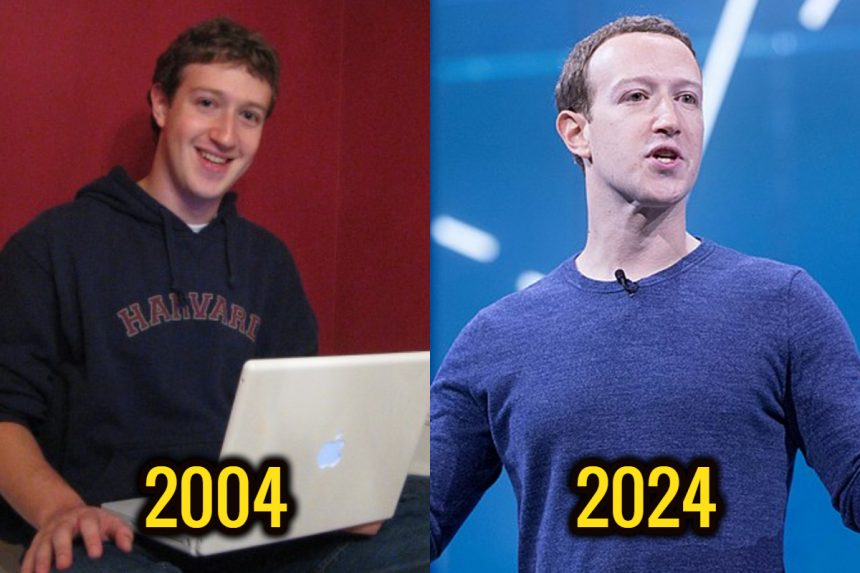Facebook, launched 2004, now has 3 billion users. Strategic acquisitions, e.g., Instagram, brought $23B profits in 2022. Renamed “Meta” in 2021, focusing on AI and virtual reality.
In the two decades since its launch on February 4, 2004, Facebook has transformed from a simple hangout spot for college students to a global powerhouse with an insatiable appetite for user attention. The social media giant, founded by Mark Zuckerberg and initially exclusive to Harvard College students, has become a key player in shaping pop culture, politics, and online behavior.
Insider Intelligence analyst Jasmine Enberg reflects on the impact of Facebook’s launch, stating, “It’s hard to overstate the impact that Facebook has had on shaping everything from pop culture to politics to how we behave online.” The platform’s revolutionary “feed” introduced the concept of posts and photos tailored to user preferences, fueling the viral content phenomenon and influencing the rise of online-only news outlets.
Over the years, Facebook expanded its reach by acquiring or replicating potential rivals, now boasting a “family” of apps, including Instagram and WhatsApp. Despite facing controversies, such as the Cambridge Analytica data scandal and whistleblower accusations in 2021, Facebook’s user base continued to grow, reaching over 3 billion monthly users by 2023.
The platform’s business model, centered around targeted ads using personal data, has made it an advertising giant alongside Google. In 2022, Facebook reported profits of $23 billion, cementing its status as a digital landscape fixture, particularly for millennials.
Despite criticisms and fines related to privacy concerns, Facebook’s expansion allowed it to invest in innovations like artificial intelligence and virtual reality. In a significant move, the company changed its parent company name to “Meta” in 2021, reflecting Zuckerberg’s vision of the “metaverse” as the next major computing platform.
Creative Strategies analyst Carolina Milanesi notes the staying power of Facebook, stating, “We might be less engaged, but we haven’t walked away because there really isn’t an alternative.” The addition of features like “groups” and marketplace functionalities has kept users connected around common interests and real-world activities.
While younger users may be more drawn to platforms like Snapchat and TikTok, Facebook’s acquisition of Instagram in 2012 proved to be a strategic move, providing a new avenue for ads and appealing to a younger demographic. Today, more than half of Facebook users are between 18 and 34 years old, according to DataReportal.
As Facebook celebrates its 20th anniversary, questions about user engagement persist. Analyst Milanesi highlights the complexity, stating, “I go to Facebook very little, but what I post on Instagram automatically appears on Facebook too. So, I’m certainly counted as ‘active’… The figures may not reflect reality.”
In its two decades, Facebook has evolved, adapted, and faced challenges, leaving an indelible mark on the social media landscape and influencing the way people connect and engage online.
Also Read TikTok Purge: Millions of Taylor Swift Songs Vanish from Platform
Taylor Swift’s songs gone from TikTok as UMG ends contract. UMG cites…
READ SOURCE



